Articles tagged with: peasants
Contemporary China, Ongoing Struggles, Rural China »
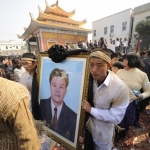
Reposted from Rekolektiv:
Reports from Wukan, Guangdong, the Chinese village in revolt against local government have generated more shocked gasps from the Anglophone media than in-depth reporting, resulting in a general paucity of information, let alone insightful analysis. But thanks to a 52-minute homemade video about the protest and one other report online at iSun Affairs we’re getting a little more detail. The following is a rudimentary translation of the timeline of events provided at the iSun report. I welcome any advice on the translation:
Chinese Left, Contemporary China, CSG Translations, Husunzi, Rural China »
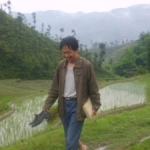
There are several reason for this sense of helplessness among the peasantry, including the market economy’s disruption of the peasant economy, the irresponsibility of local governments, and peasants’ lack of social capital, but the fundamental reason is the disorganization of rural society. Rural society today lacks cohesion, “like a sheet of loose sand.” Disorganized peasant households, depending on individual strength alone, cannot overcome natural hardships, nor can they face the challenges of the market or encroachments on their interests, and their self-confidence inevitably declines. The source of peasants’ spiritual poverty, therefore, is their lack of their own organization(s), and their loss of collective solicitude. At the same time, urban culture promoting individual competitiveness and interpersonal alienation has flooded into the countryside, further affecting rural culture and worsening peasants’ spiritual poverty.
Chinese Left, Contemporary China, CSG Translations, Husunzi, Rural China »
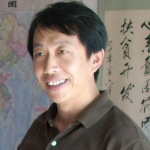
Comrade Liu Xiangbo (刘相波), better known as Liu Laoshi (刘老石), was the program coordinator of the Center for Rural Reconstruction at Renmin University of China, Ph.D. student at Renmin University’s School of Agricultural Economics and Rural Development, and founding director of the Liang Shuming Center for Rural Reconstruction. He passed away at 9:45 PM on March 24, at the age of 43, in the hospital of the Tianjin Armed Police Medical School, due to injuries from a traffic accident.
Husunzi, International Observer »
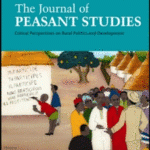
The Journal of Peasant Studies (JPS) has published during the past couple of years several cutting-edge articles on (trans)national agrarian movement politics, food sovereignty and La Via Campesina. Several of these articles can be downloaded free of charge from the journal website until 31st March 2011.
Chinese Left, Rural China, 中文资料 »
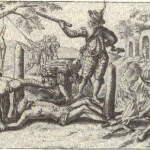
English translation of classic essay by Wen Tiejun: “While analyzing the concept of modernization, the article also explores the path, approach, and objective of modernization in China. Through the examination of the historical development of Western European countries, the author points out that modernization in the West was in fact a process of capital formation and expansion by way of colonization. Under the current international political and economic circumstances, this path of development cannot be replicated. By examining the reality of developing countries, the author discovers that the “modernization ” path of development represented by a high national income and a fast rate of urbanization cannot solve the widespread problem of “the three big disparities” (between incomes, urban and rural areas, and regions). The author points out that the vulgar (cufangshi) economic growth caused by the capitalization of resources is not the only objective we strive to achieve. Modernization in China should instead ground itself in the basic situation of a country with a large population and a severe shortage of resources, and it should adopt a scientific approach in striving to realize “the five overall considerations” (tongchou).”
